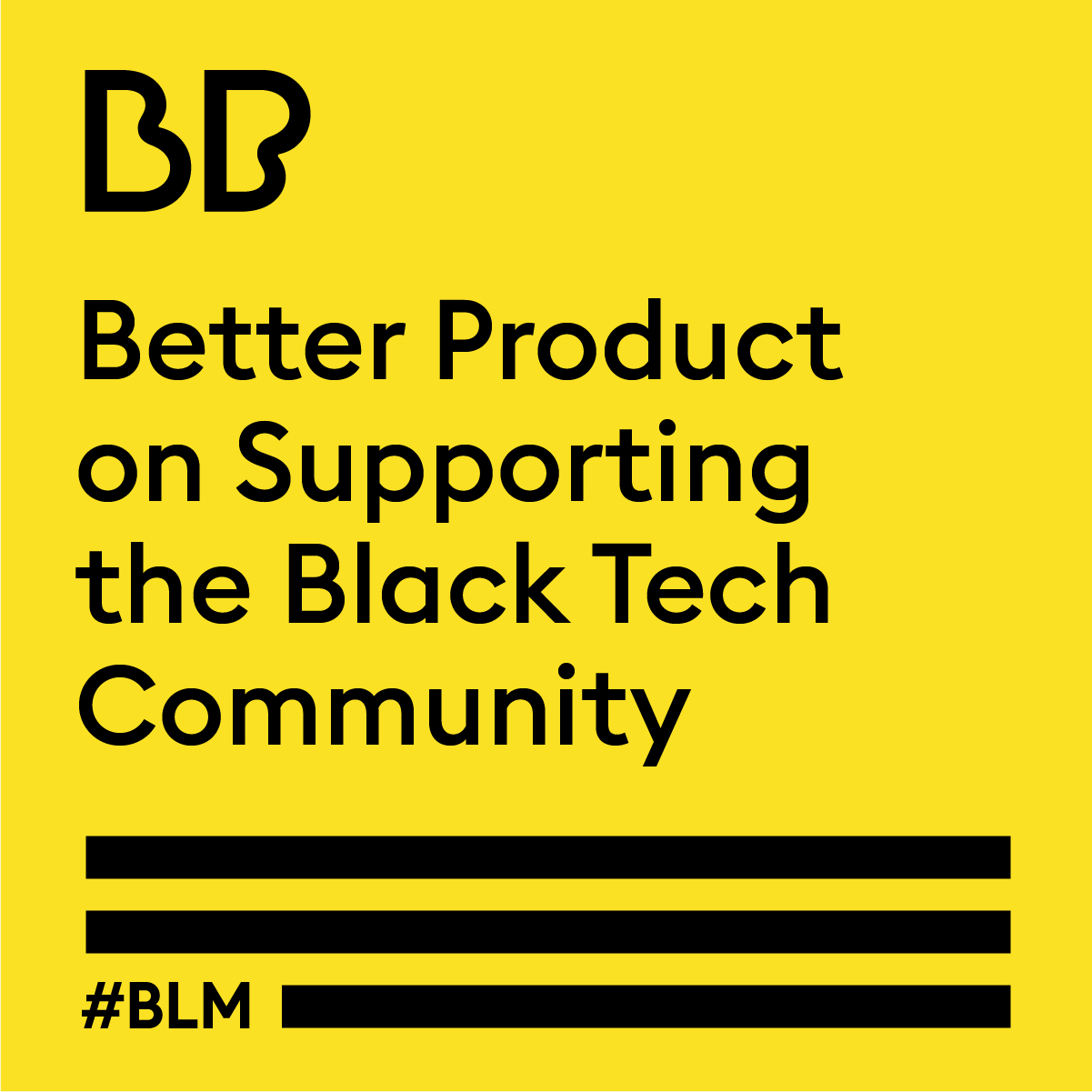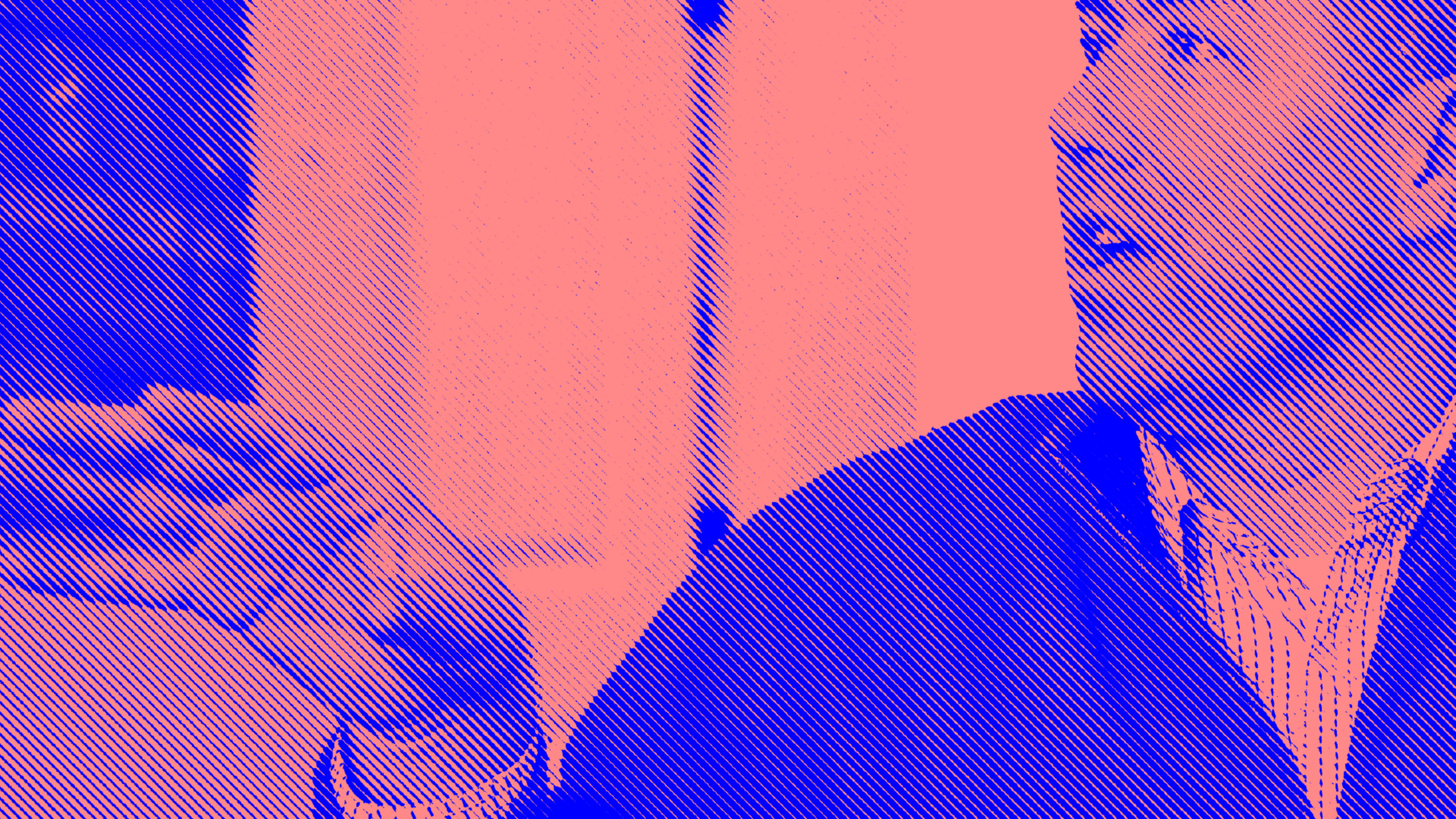
Better Product on Supporting the Black Tech Community

We built this podcast as a platform for leaders in the tech community, and we take that responsibility seriously. As a way to use our privilege for change, we added a special episode with Kelli Jones, co-founder of Be Nimble Foundation & Black Hatch Fund, to hear her perspectives on diversity in the tech space.
As an Indianapolis tech connector working to bridge the gap between the Black community and the tech community, Kelli sheds light on what’s creating this gap, what her organization has been doing to address it, and specific actions you can take towards creating long-term change.
Learn more about Be Nimble Co: http://benimbleco.com/
Learn more about Black Hatch Fund: https://blackhatchfund.com/
If you’re looking for help on affecting change please reach out directly to cohost Christian Beck at christian.beck@innovatemap.com



